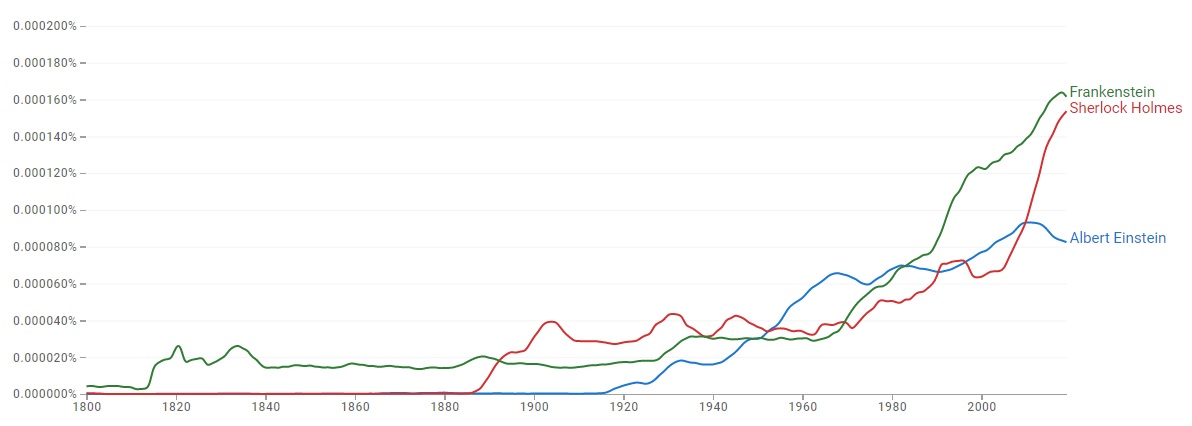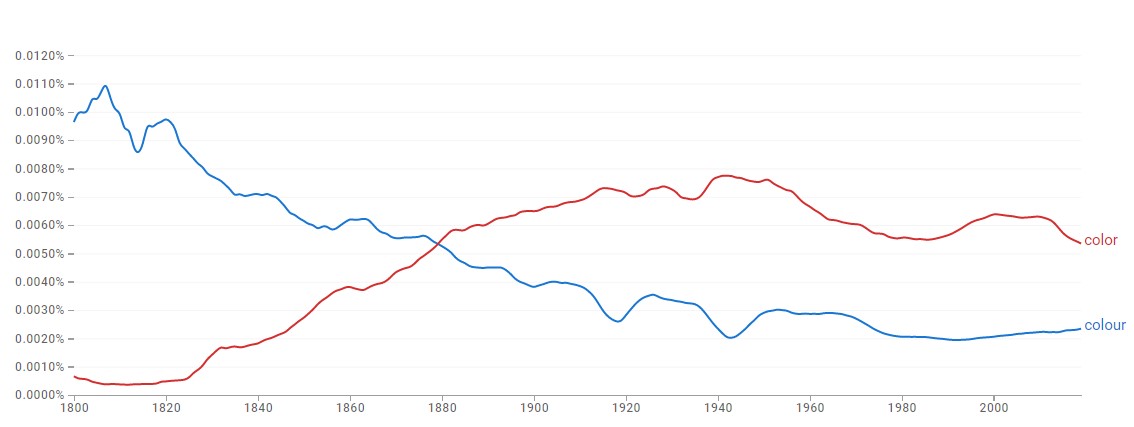N-Grams and TEFL- Benefits and Limitations in a Classroom
English has become the most essential language in the world and has found its usage in political and economic communication and also cultural exchanges. However, teaching English as a second language can sometimes be cumbersome and might require adequate qualifications. Thus, if you are interested in trying out your hands as a TEFL teacher but are wondering where to start, you have come to the right place.
The field of TEFL is considered to be one of the fastest-growing educational sectors worldwide. Furthermore, it presents numerous opportunities for educators all across the globe. Talking about teaching, TEFL learning can sometimes become monotonous and tedious with the lack of appropriate measures. Thus, if you are wondering how to make English learning engaging, we bring you a useful tool that should be a part of your teaching toolkit.
What Are N-Grams?
Before we dive into how n-grams can prove to be effective in teaching, let us first understand the concept of n-grams. An n-gram is an adjoining sequence of n-words that forms the corpus of a language in the field of computational linguistics. The concept is most commonly used in data science and Natural Language Processing (NLP).
It can be a combination of phonemes, letters, words, syllables, etc. It is commonly referred to as "unigram, "bigram" and "trigram". Using n-grams in teaching can prove to help determine how language works and how English can be used in everyday situations.
The Advantages
Here are ways you can revamp your ESL teaching using n-grams
- Words Comparison
Comparing words while teaching English as a foreign language can be compelling with the use of n-grams. The Ngram viewer is designed in a way to compare the words and frequency. Using this tool can help educators in determining which phrases or words have gained popularity over the years.
For instance, if you are teaching about the environment and you want to compare two words-global warming and climate change. When you type these words in the n-gram viewer it produces a chart to show which phrases have become more common.

Source: Google Books
As per the chart, it is evident that both these terms came into existence around 1985 and were used almost equally until the mid-nineties. It is after this that we can see a marked increase in the usage of climate change. Thus when instructors are using these phrases they can create a visual representation to make the learners understand better.
- American vs. British English
We are all aware of how words are spelled differently in American and British English. However, portraying this to the learners can be a daunting task. This is when n-gram comes to your rescue. Open the Ngram viewer and type “colour” and “color”, the following chart will be displayed.

Source: Google Books
Here, it is evident that British spelling was dominated by American English over the course of years with regard to frequency. While teaching, you can also use the tool to understand which phrases are more popular in which version of English.
- Detecting Grammatical Errors
English has paved its way in being the medium of instruction in the official school curriculum for over 100 non-native English-speaking countries such as China, Germany, Egypt, Spain, Russia, etc. The teachers who have completed their online TESOL diploma courses often find it tricky to teach grammar to a group of virtual learners. However, grammatical knowledge is always the core of proficiency development.
Thus, analysis of grammatical errors and understanding the context in which they occur is a necessary step to determine why TEFL learners make mistakes. Most often the errors committed by these learners are influenced by their mother tongue. Thus using an n-gram-based grammar checker provides the conditional probabilities of words and phrases based on the relative frequency of the parts of speech sequences. This allows ESL/EFL educators to determine the grammatical errors that appear in the sentences provided by the students.
The Limitations
These are not exactly negative points but advanced features that are worth considering ----
- Parts Of Speech
English is not as simple as it sounds and when you delve deeper into the technicalities things start to become unmanageable. Words in English don't always have a similar function. For example, "love" is both a verb and a noun.
Thus, while you are feeding this word in on the Ngram viewer, it will show results related to all the instances unless you specifically instruct the tool to display otherwise. Hence, it is important to be aware that Ngram viewer is an analytical tool and not an intuitive one and therefore is not exempted from making errors.
- Collocations
Collocations are a habitual juxtaposition of a particular word that is associated with other words depending on the frequency. While teaching English as a second language, your students might not be able to realize why some words well together, while others, even if they have similar meaning does not.
When you use n-grams to search phrases like "a bottle of", it produces a chart of the most common words associated with this phrase. While results may show "a bottle of wine" is the most common, words like whiskey, champagne, or water are not incorrect. Similarly, "fast food" is something that native English speakers are associated with, but not native English speakers are unable to understand why they cannot use "quick food" instead of this phrase when both fast and quick have the same meaning.
The Bottom Line
While the use of n-grams in a TEFL classroom can be informative and fun, there are certainly some limitations to it. If you are willing to encourage your students to think critically and enhance their vocabulary, you will need professional training. Consider a 220 Hours TEFL Diploma course and amp your teaching game.
Leave a comment!
Are you a TEFL aspirant and want to feel that first-time TEFL traveling experience with a TEFL certificate? Then feel free to reach us at 1800-212-6400. Our experts will explain to you every detail about online TEFL certification, international accreditations, placements, global job opportunities, visas, etc.




